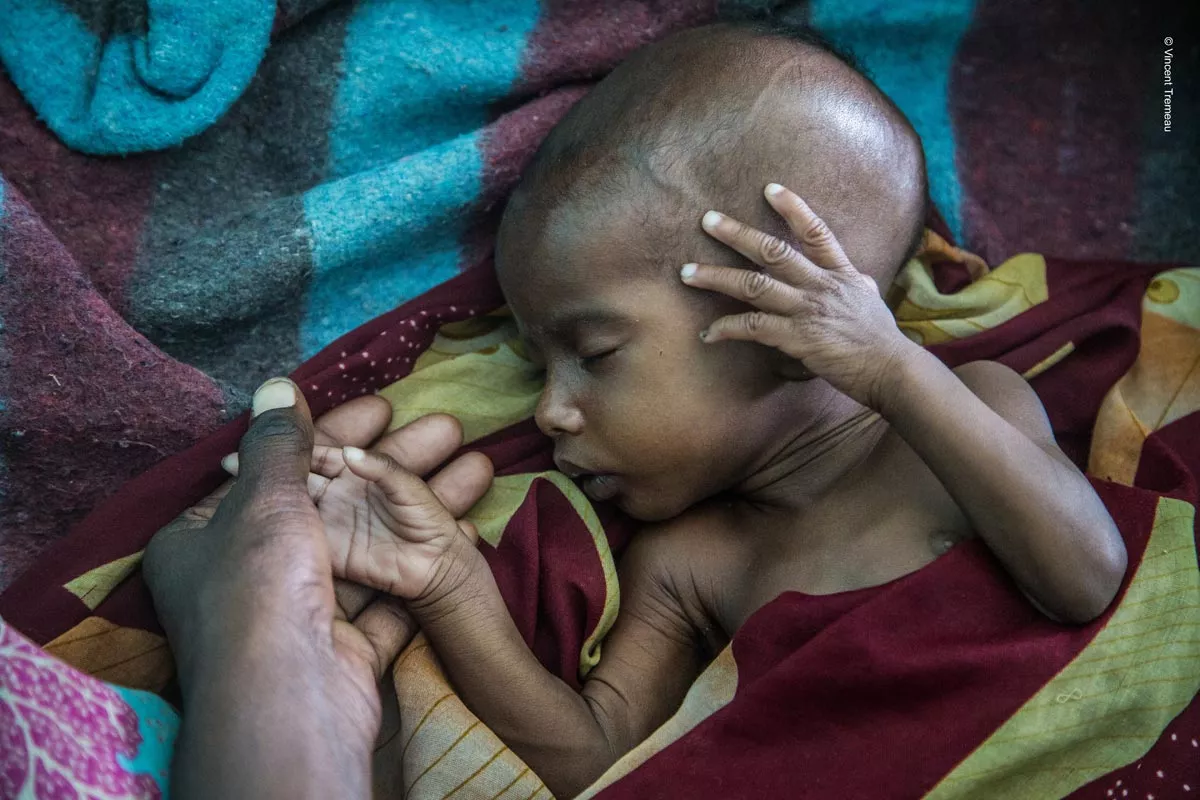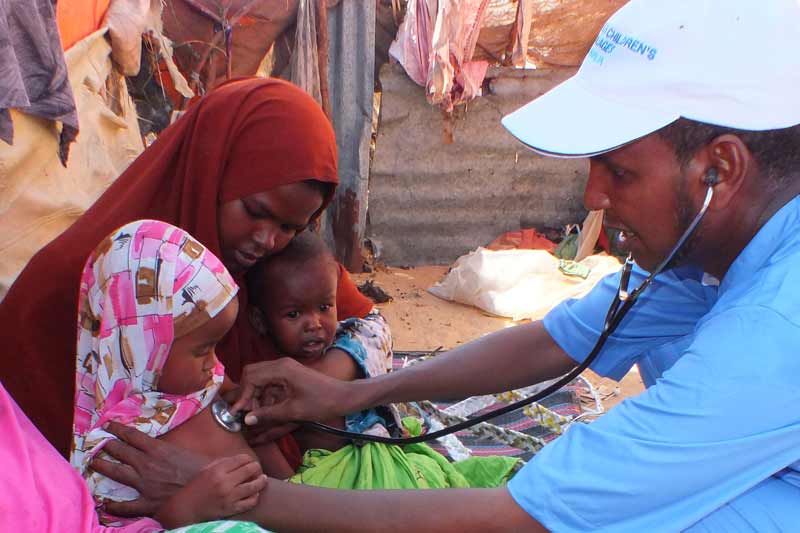Famine Relief Fund

“Over 20 million men, women and children are at risk of starvation if we do not act now. Canadians have always demonstrated great compassion when it comes to humanitarian crises. I encourage all Canadians to donate to the registered Canadian charities of their choice. Together, we can make a difference and bring relief to people who need urgent help.”
- Marie-Claude Bibeau, Minister of International Development and La Francophonie
MILLIONS OF CHILDREN AT RISK OF STARVATION
In northeast Nigeria, Niger, Somalia, Ethiopia, and South Sudan, severe drought and intensifying conflict have left over 20 million people at risk of starvation. Millions of those threatened by famine are children.
The Government of Canada is responding to this crisis by supporting humanitarian partners like SOS Children’s Villages, and is helping Canadians to take action against the famine through the Famine Relief Fund.
Every donation made by individuals to the Famine Relief Fund through SOS Children’s Villages Canada until June 30, 2017, will be matched by the Government of Canada.
 |
| Ali Adan, a nurse from the paediatric unit at the SOS Children's Villages hospital in in Mogadishu, examines children at a camp for internally displaced people near the capital. Photo by SOS Somalia staff |
OFFERING LIFE-SAVING SUPPORT WHERE NEEDED MOST
SOS Children’s Villages is taking a lead role to provide child protection, health and nutrition and critical Non-food item (NFI) assistance to more than 160,000 vulnerable women and children affected by the crisis in the region, by 2018.
In consultation with members of the affected community, and in coordination with other humanitarian organizations, SOS is addressing key needs in the most severely impacted communities in the region.
SOS Children’s Villages is committed to:
Addressing Protection & Psychosocial Support Needs:
|
|
Addressing Health & Nutrition Needs:
|
|
Addressing Need for NFI Support:
|
 |
| A young patient at the Diffa Centre for Outpatient Nutritional Rehabilitation for Malnutrition |
 |
| A mother and her malnourished daughter at the Diffa Center for Outpatient Nutritional Rehabilitation for Malnutrition (CRENAS), Niger. |
 |
| Program undertaken with the financial support of the Government of Canada provided through Global Affairs Canada |
